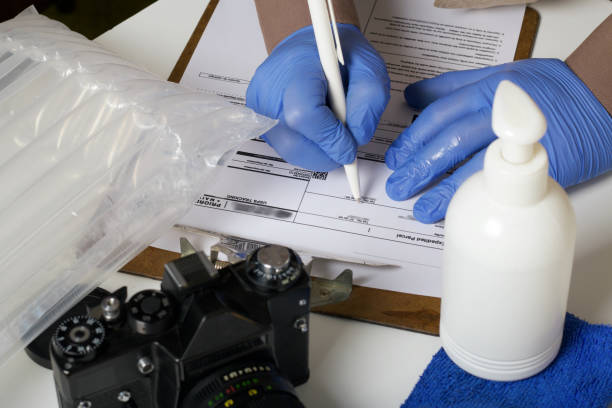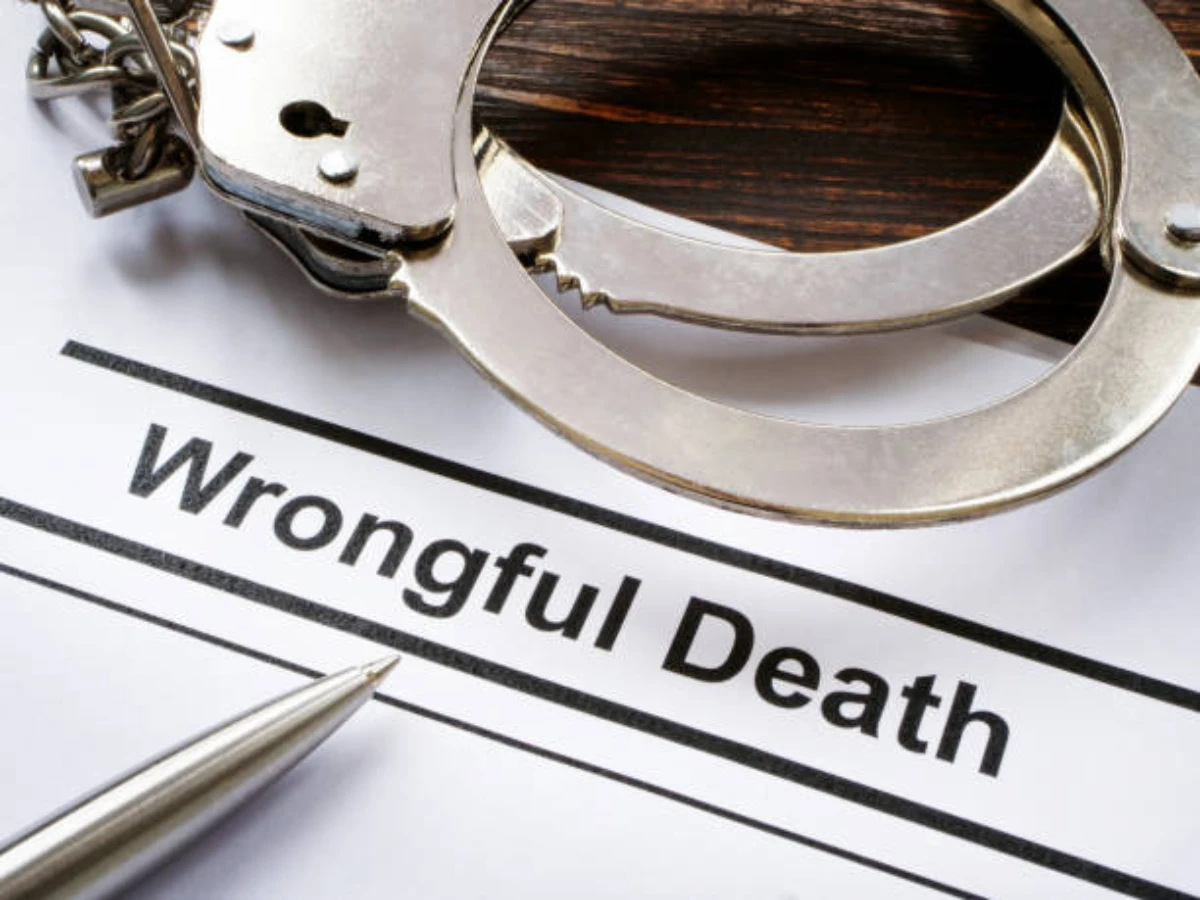How to File a Wrongful Death Claim: A Complete Guide
Losing a loved one is devastating, especially when their death results from someone else’s negligence or misconduct. In such tragic situations, understanding how to file a wrongful death claim can help families seek justice and compensation. This comprehensive guide walks you through every critical step, from eligibility and evidence gathering to legal consultation and filing.
Understanding Wrongful Death Claims
Wrongful death claims provide a legal avenue for families to receive compensation when a loved one dies due to another party’s negligence or intentional acts. Common causes include car accidents, medical malpractice, defective products, or violent crimes.
Each U.S. state has its own wrongful death laws, so it’s crucial to understand your jurisdiction’s specific rules. The compensation may include:
- Medical bills
- Funeral costs
- Lost income
- Loss of companionship
- Emotional distress
Because these claims are often complicated and involve multiple parties, it’s essential to work with an experienced attorney. For a comprehensive legal overview, visit the
National Center for State Courts.
Identifying Eligible Claimants
Not everyone can file a wrongful death claim. Eligible individuals typically include:
- Spouses
- Children
- Parents
- In some states, siblings or extended family
- Financial dependents (e.g., long-term partners)
Eligibility varies by state, so consulting a local wrongful death attorney is vital. You can also explore more legal resources at
Legal Case Review.

Ready to connect with top legal professionals? Get immediate support— Call us at 877-550-8911.
Connect with Our Legal Team
Gathering Necessary Evidence
Strong evidence is the foundation of a successful claim. Start by collecting:
- Death certificate – Required for all legal proceedings.
- Medical records – Details on treatment and cause of death.
- Police/accident reports – Crucial for establishing liability.
- Witness statements – Firsthand accounts that corroborate the incident.
- Photos or video – If available, visual evidence can strengthen your case.
- Financial documentation – Prove funeral costs, lost income, and other damages.
Organize this information early to streamline the claim process.
Consulting with a Legal Expert
Wrongful death cases are highly nuanced. A specialized attorney can:
- Assess your eligibility
- Help you gather and organize evidence
- Calculate accurate damages
- File court documents correctly and on time
- Negotiate with insurance companies
When meeting a lawyer, bring all relevant documents like the death certificate, medical reports, and financial records. Their expertise is invaluable in building a strong case and navigating legal deadlines.
Filing the Claim: Step-by-Step
Here’s a simplified breakdown of how to file a wrongful death claim:
- Determine eligibility – Identify the right person to file the claim.
- Gather documentation – Collect all supporting evidence.
- Hire an attorney – Choose someone with wrongful death experience.
- File the complaint – Submit to the correct court jurisdiction.
- Serve the defendant – Notify the at-fault party legally.
- Attend pre-trial proceedings – This may include mediation or discovery.
- Proceed to trial or settlement – Based on how the case evolves.
Missing any step can jeopardize your claim, so precise legal guidance is key.
Calculating Damages in a Wrongful Death Claim
Determining fair compensation requires understanding the types of damages:
Economic Damages:
- Lost future earnings
- Medical bills prior to death
- Funeral and burial expenses
- Loss of benefits (e.g., pensions)
Non-Economic Damages:
- Pain and suffering
- Loss of companionship
- Emotional distress
- Loss of parental guidance (if children are claimants)
A financial expert or forensic economist may be needed to calculate long-term losses.

Navigating the Legal Process
Understanding the legal process reduces the risk of delays and dismissals. Key aspects include:
- Statute of limitations – Usually 1-3 years depending on the state.
- Filing requirements – Vary by jurisdiction.
- Court appearances – Most claims involve at least one hearing.
- Insurance negotiations – Insurance companies may try to minimize payouts.
To stay on track, maintain communication with your lawyer and regularly review your case progress.
Common Challenges in Wrongful Death Claims
Here are some common hurdles families face:
- Insufficient evidence – Missing documentation can weaken your claim.
- Disputes among claimants – Multiple eligible parties can lead to internal disagreements.
- Insurance resistance – Companies may deny liability or offer low settlements.
- Emotional strain – Legal battles add stress during an already difficult time.
Professional legal support helps manage these challenges and improves your chances of success.
FAQs About Filing a Wrongful Death Claim
Q1: How long do I have to file a wrongful death claim?
Most states require filing within 1 to 3 years. Check your local statute of limitations.
Q2: Can multiple family members file a single claim?
Yes, but typically it’s filed by one representative on behalf of all eligible family members.
Q3: What happens if the responsible party is a company?
You can still file a claim. Corporations can be held liable for negligence or product defects.
Q4: Will I have to go to court?
Not always. Many cases settle out of court. However, be prepared for trial if no settlement is reached.
Q5: Can I still file a claim if the deceased had a will?
Yes. A wrongful death claim is separate from the will and estate process.
Conclusion
Filing a wrongful death claim is a complex yet vital step in seeking justice for a lost loved one. Understanding who can file, what evidence to collect, and how to calculate damages ensures your case stands on solid legal ground. Most importantly, working with an experienced wrongful death attorney can significantly improve your outcome.
If you’re ready to take the next step or simply want to learn more, visit Legal Case Review for trusted resources and expert legal insights.
Don’t wait to secure the legal representation you deserve. Visit Legal Case Review today for free quotes and tailored guidance, or call 877-550-8911 for immediate assistance.





